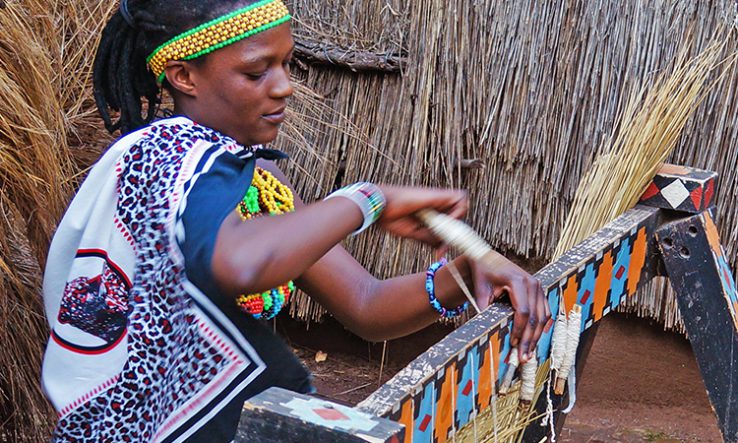
Body to ‘pool and coordinate’ research on indigenous knowledge systems
A multi-country research institute has been established to pool and coordinate research on indigenous knowledge systems in Africa.
The African Institute for Indigenous Knowledge Systems agreement was signed during a virtual ceremony on 29 January.
“We are fighting for independence in terms of knowledge,” Nelson Ijumba, co-chair of the coordinating committee that set up the institute and a former University of KwaZulu-Natal research head, told the meeting.
Ijumba said the institute’s goal will be to coordinate and promote IKS research and scholarship on a continental level. It is developing a roadmap to institutionalise IKS in the core business of partner universities, including research, teaching and learning.
“We do have solutions in Africa, we do have knowledge systems that we can apply to overcome our problems. We just need this kick to be able to move forward, and the confidence to say our knowledge systems can participate in the global pool in [their] own right,” he said.
The institute will work on a virtual hub and spoke model. UKZN in South Africa will host the hub, with 20 spokes made up of collaborating research institutes and universities in South Africa, Tanzania, Côte d’Ivoire, Namibia, Zimbabwe, Uganda, Senegal Rwanda, Zambia, Kenya, Mozambique.
Ijumba said the institute will consist of a governance board with “very eminent people”, an executive management committee, and a scientific committee. He added that more partners from North Africa and the diaspora will join the consortium “in due time”.
Eddy Maloka, a history professor and the chief executive officer of the African Peer Review Mechanism, told the meeting he hopes the institute will challenge the dominating Eurocentric “knowledge empire”.
“We tend to position IKS as an exotic intellectual enterprise,” he said. Compared to European knowledge, he added, “the impact of IKS is marginal or insignificant on our societies.”